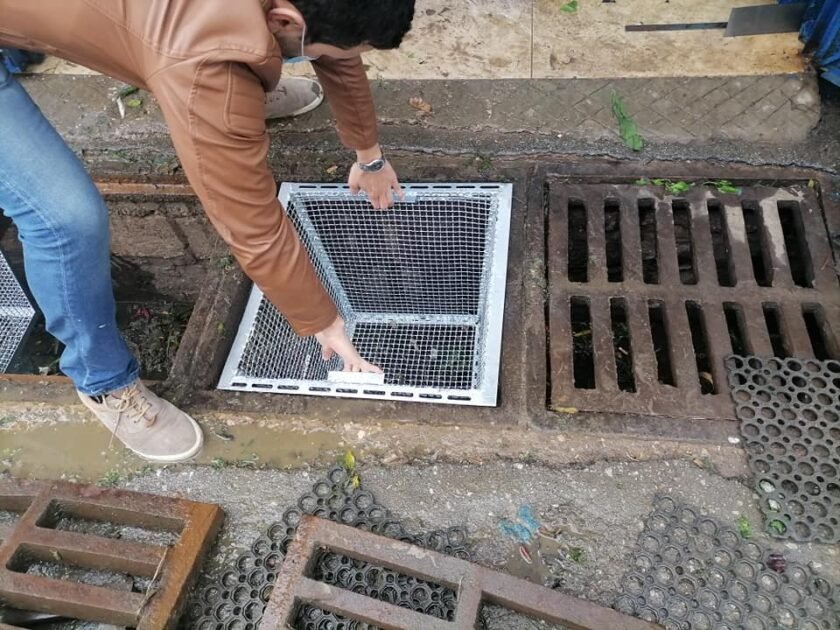Export revenues climbed 2.5% in the first eight months of 2025, while planned industrial investments promise to create over 20,000 new jobs, according to the APII.
Tunisia’s industrial sector maintained a positive trajectory from January to August 2025, with exports generating 38,224 million Tunisian dinars in revenue, a 2.5% increase compared to the same period in 2024. The data, released by the Agency for the Promotion of Industry and Innovation (APII), highlights the continued dominance of the textile and clothing sector and a strong pipeline of future industrial projects.
The textile, clothing, leather, and footwear industry solidified its position as the nation’s top export earner, bringing in 7,400.5 million dinars. It was followed by the agri-food industry (4,093 million dinars), the chemical industry (2,535.5 million dinars), and the mechanical and electrical industries (2,022 million dinars).
Beyond current performance, the report points to significant future growth, underscoring investor confidence. The APII recorded investment intentions totaling 1,272.1 million dinars for over 1,900 projects nationwide. These projects are expected to create more than 20,000 jobs once operational.
A breakdown of these planned investments reveals a focus on modernization and diversification:
- The mechanical and electrical industries attracted the most investment (303 million dinars).
- This was followed by various miscellaneous industries (144.7 million dinars) and building materials, ceramics, and glass (116.5 million dinars).
- While the textile sector led exports, it attracted 112.6 million dinars in new investment, with the leather and footwear sector drawing a notably smaller share at 32.4 million dinars.
The funding for these ventures remains predominantly domestic. Tunisian capital accounted for 984.8 million dinars, while wholly foreign investments amounted to 177 million dinars. Mixed capital projects accounted for 110.3 million dinars, indicating a continued reliance on local financiers with sustained foreign participation.
In a parallel trend, the services sector emerged as an even more potent engine for job creation. With declared investments of 783.3 million dinars from 7,031 projects, the services sector is projected to generate 35,661 new jobs—significantly surpassing the employment forecasts for the industrial sector.
TunisianMonitorOnline (NejiMed)




